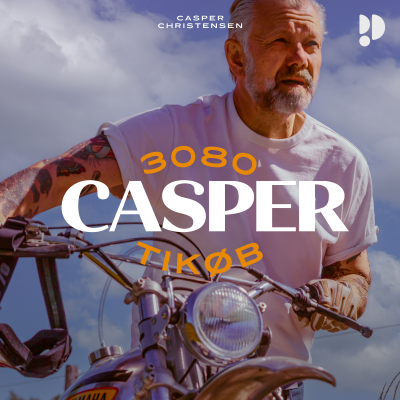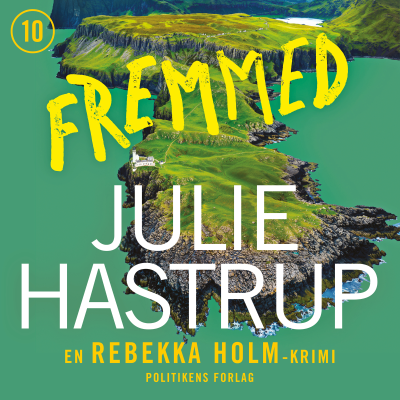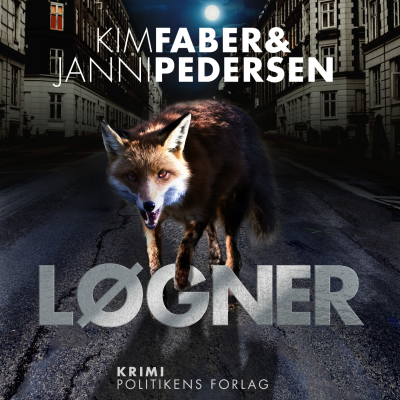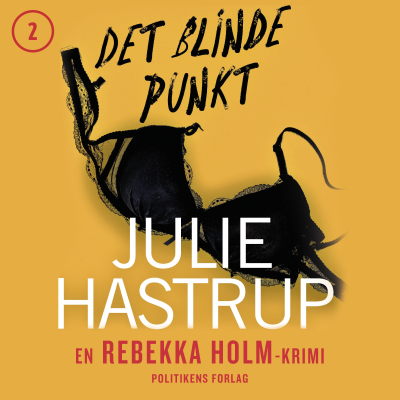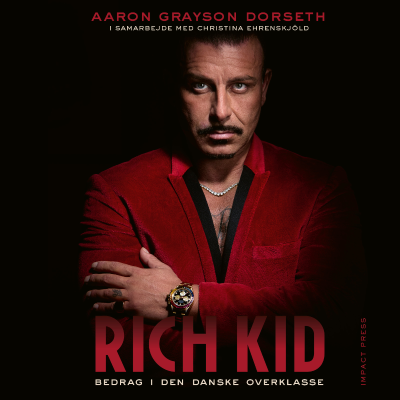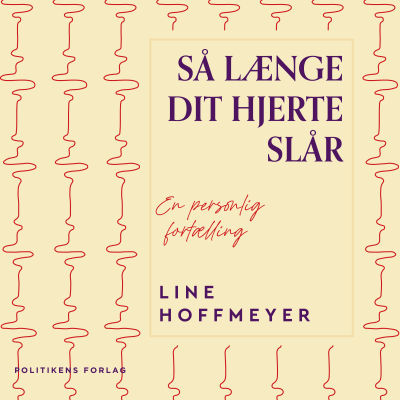
Who is voting in 2024
Podcast by Michelle Olguin, Laura Bullon-Cassis, Yanina Welp
This podcast is free to listen on all podcast players and the Podimo App without a subscription.
All episodes
9 episodesUruguay is a small country, with 3.4 million inhabitants and high levels of human development. Is the most stable democracy of Latin America and one of the few full democracies of the world. However, some clouds are emerging in the horizon. The country has the highest imprisonment rate in South America and a high rate of homicides, with a figure over 10 per 100’000 inhabitants, that makes it epidemic according to the World Health Organization. Besides that and despite the good institutional quality, there is a persistent gender gap. According to the gender gap index, by 2023 women were 85 percent less likely to have the same opportunities for political participation than men. On October 27th Uruguay conducted elections. As expected, Yamandú Orsi, the candidate of the center-left Broad Front (Frente Amplio), received 44% of the votes, far from the second, the candidate of the current president Luis Lacalle Pou who got 27%. However, there will be a second round because none of the candidates received more than 50% of the votes required by the law. This will take place on November 24 and there is uncertainty on the results because in 2019 almost all the center-right and right-wing parties allied in a coalition against the Broad Front. It could happen again.
By principle, the U.S. electorate is composed of all American citizens eligible to vote—a fundamental democratic right enshrined in the Constitution. The electorate should represent the entirety of the adult population, regardless of race, class, gender, or political affiliation. However, in practice, the picture of the American electorate is far more complicated. In this episode of Who is Voting in 2024, we explore these dynamics, asking: Who is truly the U.S. electorate? With the world watching the 2024 US campaign unfolding, what mechanisms determine who gets to participate fully in the electoral process? Most importantly, what can be done to address these systemic exclusions and foster a more inclusive democracy? We are joined by two distinguished guests: Shilpa Jindia, Fellow at the Campaign Legal Center (CLC), and Benjamin Goldfrank, Professor of Political Science at Seton Hall University. Together, we discuss the pathways to greater inclusion, considering both the legal and civic approaches necessary to create an electorate that genuinely represents all Americans, and putting the US elections in a global perspective.
This episode of 'Who is Voting in 2024' focuses on the upcoming French parliamentary elections and the current socio-political climate. With polls predicting a win for the far-right National Rally Party, civil society's response and mobilization are scrutinized. Guest Sarah Durieux, co-director of the Multitude Foundation, discusses the roles of activism and civil society in addressing pivotal issues such as ecology, pension reform, discrimination, and increased police repression. Durieux emphasizes the importance of integrating activism with formal political structures, building coalitions, and empowering disenfranchised groups, particularly the youth. Her insights highlight the necessity of civic engagement, political representation, and the fight against authoritarianism in shaping a more inclusive and democratic society. In this episode of Who is Voting in 2024 we will focus on the latter. How is French civil society mobilizing to turn anger, fear, and hope into a political force that can make its way to the ballot and counter the rise of the extreme right? Podcast co-host Laura Bullon-Cassis, Postdoctoral Researcher at the Albert Hirschman Centre on Democracy (AHCD), is joined by Sarah Durieux, former director of France’s change.org platform, and Co-Director of the Multitudes Foundation. She is also the author of the book Changing the World: an Activist's Toolkit to Take Power. This episode was recorded in the context of the project [https://www.graduateinstitute.ch/other-programmes/youth-climate-activism-and-local-institutions-reframing-democratic-spaces-time-0] "Youth Climate Activism and Local Institutions: Reframing Democratic Spaces at a Time of Polarisation" hosted by AHCD.
Europeans will be heading to the polls once again, as they do every five years, from June 6th to 9th. With more than 400 million people eligible to vote, the elections to the European Parliament are the second largest democratic elections in the world after India’s. This year, just like with every European Parliament election in recent memory, there is much anticipation about the rise of extreme right and populist parties. In previous elections, this fear usually dissipated as the traditional center-left and center-right forces that built the European Union forged coalitions that held more radical parties at bay. Yet the outcome of this election could be different. The first to take place after Brexit came into force and since the election of far-right leaders such as Georgia Meloni in Italy, it comes at a time when the extreme right surge seems bigger and bolder. Polls are predicting the nationalist right and far right could pick up nearly a quarter of seats in the European Parliament in June. The European context is marked by ongoing migration, including through the Mediterranean, a sluggish economy, and increased concerns about security amidst tense geopolitics. In this episode of Who is Voting in 2024?, AHCD Postdoctoral Researcher Laura Bullon-Cassis speaks to Christin Tonne, Research Affiliate at the Albert Hirschman Centre on Democracy, and Natalie Brack, Associate Professor at the Department of Political Science of the Université libre de Bruxelles. We ask: What is different about these elections? And, how resilient are the EU institutions to the rise of the extreme right?
South Africa will be holding national and provincial elections on May 29. Significantly, this year marks the 30th anniversary of the country’s 1994 election, which was the first to be held after the fall of the apartheid regime. Yet democratic South Africa reproduces many of the inequalities and power structures that characterized apartheid, with much of the farmland and other wealth still owned by minority whites. What does this mean for the African National Congress (ANC), the ruling party since 1994? In this episode of Who is Voting in 2024? Laura Bullon-Cassis speaks to Professor Mbongeseni Buthelezi of the University of Johannesburg, and Matias Lopez, Postdoctoral Researcher at the Albert Hirschman Centre on Democracy. This episode is linked to the SNIS project "Democracy and Redistribution in the Global South: From Fear to Policy", co-led by Matias Lopez.
Available everywhere
Listen to Podimo on your phone, tablet, computer or car!
A universe of audio entertainment
Thousands of audiobooks and exclusive podcasts
No ads
Don't waste time listening to ad breaks when listening to Podimo's content.






